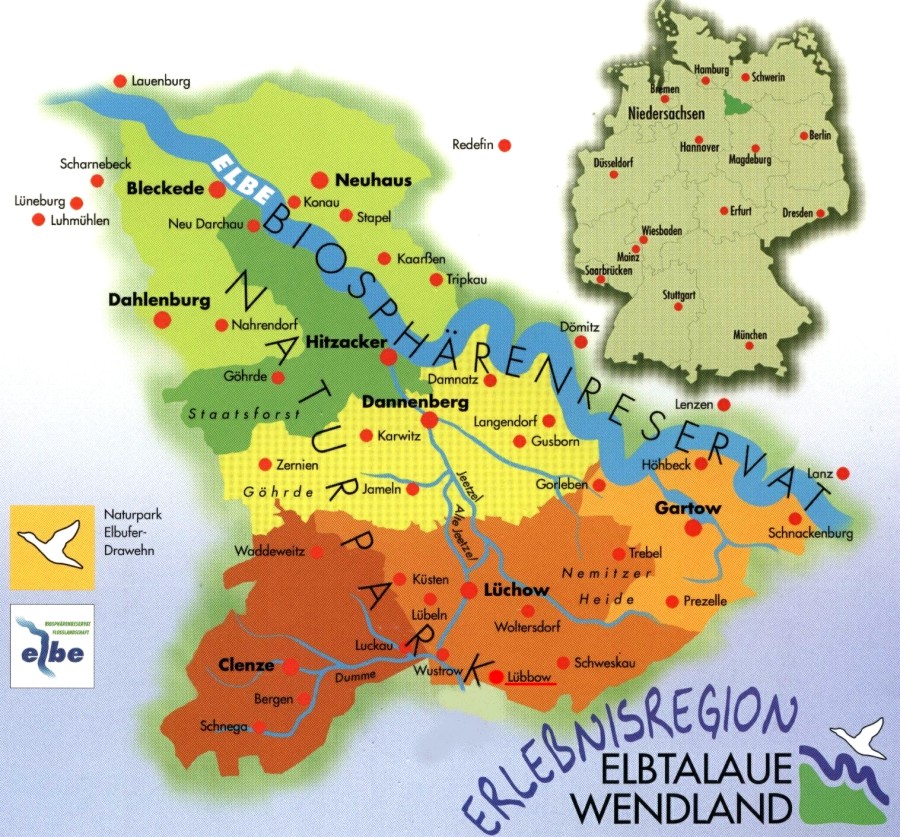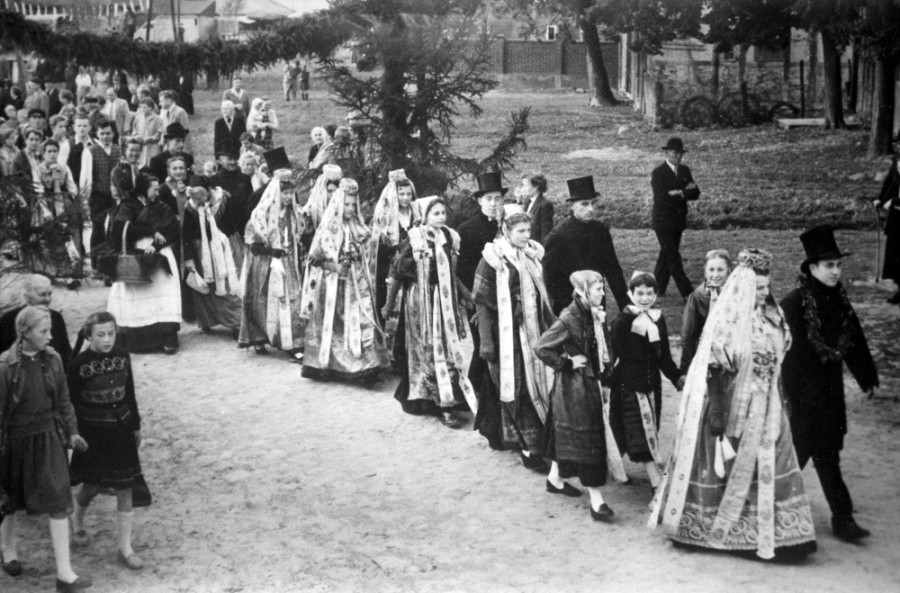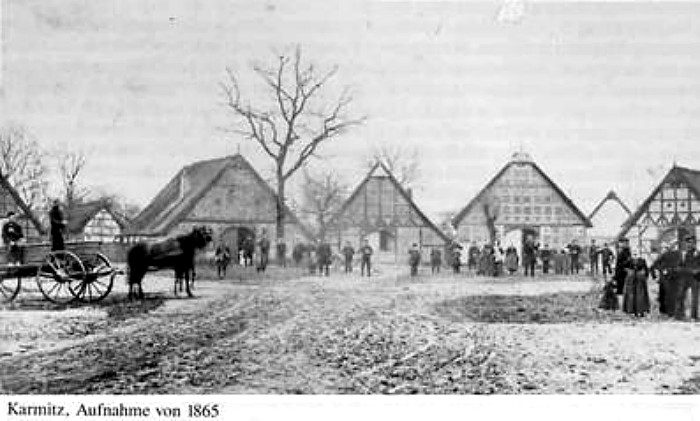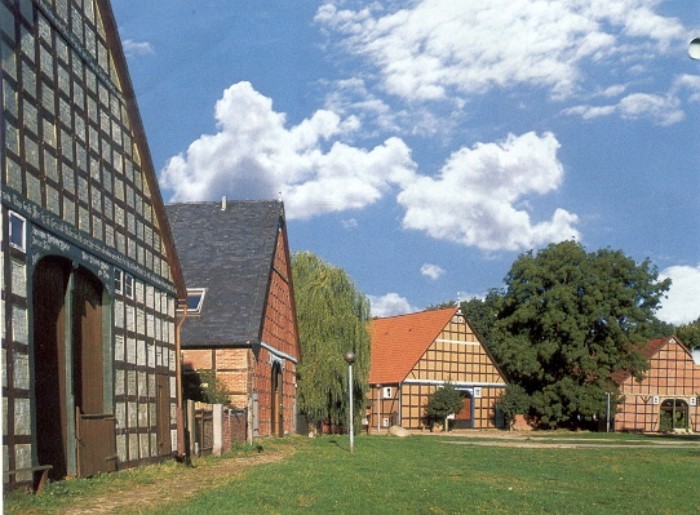Coming back to the Czechs:
Even as late as the 1800s, the Czechs, contrary to popular myth, were
not the most westward Slavic-speaking group.
That goes to the Drevani (who lived in the region of Drawehn / Wendland - check the map below), whose language survived until the 1800s:
There are even Drevani dictionaries from the 1700s (at that time this language still had ca. 15,000 speakers) and the 1800s:
"Die Wendländische Bauernchronik und ein Kleines Wendisches Lexicon" by Johann Parum Schultze (whose native language was Drevani).
And:
"Vollständiges Lüneburgisch-Wendisches Wörterbuch" by Johann Heinrich Jugler (published in 1809).
====================================
BTW - those Drevani-speaking people were subjects of King George I of Great Britain in period 1698 - 1727:
http://en.wikipedia.org/wiki/George_I_of_Great_Britain
Johann Parum Schultze even described in his chronicle the reaction of Drevani when George I became their King.

====================================
Drawehn (later called Wendland) was not the only region deep inside Germany where Slavic language survived until the Early Modern Era.
Other similar regions were, for example:
1) Dertzink Region (in South-Western Mecklenburg)
2) Prignitz Region (see the map below):
And 3) Altmark:
http://en.wikipedia.org/wiki/Altmark
However, after circa year 1600 Slavic language practically ceased to be in use in these three regions.
So between years 1600 and 1800 Drawehn was the westernmost area of Germany where Slavic language was still in common use.












